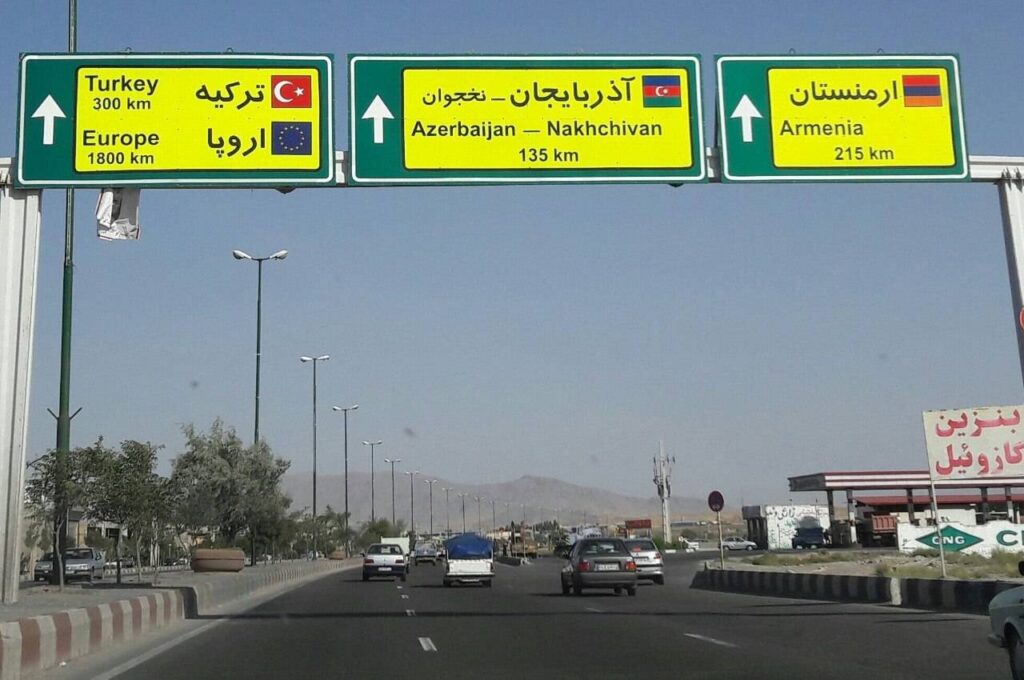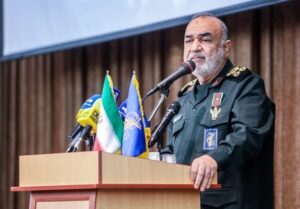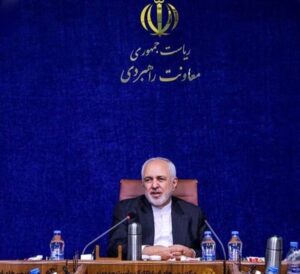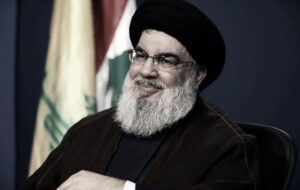Borderlines: Iran’s red line

What is Tehran’s message to the various actors in the Caucasus and Central Asia?
The proposed “Zangezur” corridor, as dubbed by Azeri and Turkish officials, would slice through Armenia’s historic Syunik province, a region that has shared a border with Iran for centuries. Iran has repeatedly reiterated its opposition to the proposed corridor, emphasizing its commitment to preserve and protect its historic borders as well as geopolitical stability in the region.
Tehran voiced its opposition once again on Thursday, with Iranian Foreign Minister Abbas Araqchi stating that any endangerment to Iran’s neighbors’ territorial integrity and its own borders is a “redline.”
“Peace, security, and regional stability are not just a priority but one of the pillars of our national security,” Araqchi warned on X.
The top diplomat’s remarks came in response to recent statements by his Russian counterpart Sergei Lavrov, who threw his weight behind Baku during a visit to Azerbaijan and condemned Armenia for “sabotaging” attempts to open the Zangezur, which he claimed Yerevan had already agreed to. The last agreement signed between Armenia and Azerbaijan after the Nagorno-Karabakh war in 2020, makes no mention of such a corridor.
Lavrov’s remarks also drew criticism from other high-ranking and influential Iranian figures. Mohsen Rezaei, the former chief of the Islamic Revolution Guard Corps (IRGC) and the current secretary of the Expediency Council, said: “The behavior of Russian statesman was not acceptable and in clear contradiction with their declaration of friendship with Iran; these ambiguities should be resolved.” In Armenia, Iran’s ambassador told reporters on Friday that “the dreams some have about Armenia under different names, including the so-called corridor, will never come true.”
Mehdi Sobhani suggested that even if a transit route were to be created to connect Nakhchivan to Baku, it would need to be under the control of Armenia. “The Armenian government has clearly stated this itself. We support the idea that all controls and oversight should be under the sovereignty of Armenia,” the envoy said, adding, “We are no longer in the 19th century; we are in the 21st century. Countries have independence and sovereignty.”
Baku and Ankara, Azerbaijan’s main patron in its wars against Armenia, have expressed a desire for the proposed corridor to be under either their joint control or the control of Moscow.
Although Azerbaijan has expressed its intent to claim Armenian territory and create transit routes for at least the past four years, Lavrov’s statement to Russian media marks the first instance in which Moscow has clearly articulated its stance on Zangezur. The top diplomat’s public backing of the plan surprised many observers, who did not anticipate Russia would overlook Iran’s position on an issue it has repeatedly designated as a “redline.” Tehran and Moscow have been on the course to strengthen ties in the past years, with many Western media outlets expressing concern that the two are becoming each other’s “strategic allies”.
“For four years, Russia remained ambiguous on Azerbaijan’s proposed corridor. However, with the war in Ukraine and the occupation of its Western territories, Russia finds itself in a precarious position and is now seeking to appease Azerbaijan, likely by supporting its corridor plan, which could provide a vital energy export route to Europe,” Hossein Salar Seyfodini, a researcher and expert on the South Caucasus region, told the Tehran Times.
Seyfodini warned that the so-called Zangezur corridor might also give Israel, a close ally of Azerbaijan, a strategic advantage by enabling it to “encircle” Iran and exploit vulnerabilities in its borders. He, however, said it is very unlikely that the proposed corridor would be established in the face of Iran’s strong opposition.
“In the past few years, various Iranian officials, including the Leader of the Islamic Revolution, have made it clear that Tehran will not allow changes to its borders. I think Iranians will resist Zangezur all the way even if that means they need to intervene militarily.”
(Tehran Times)






